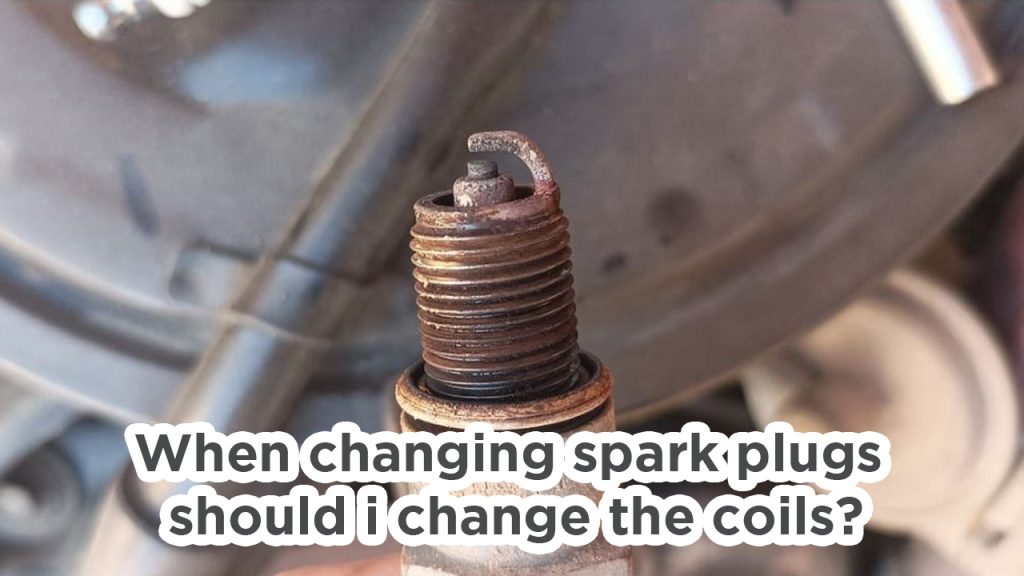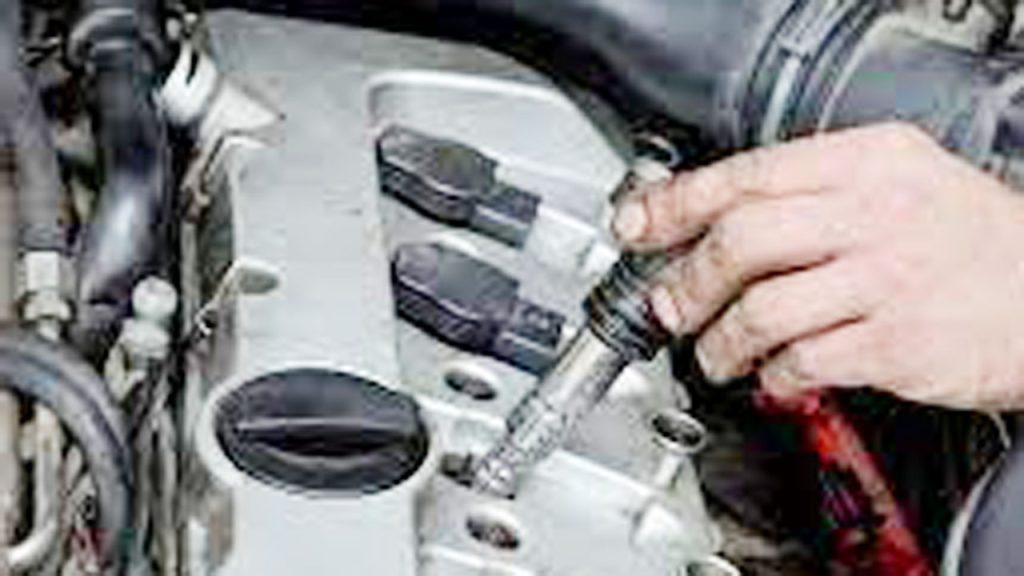Taking care of your car’s engine can feel overwhelming, especially when it comes to routine maintenance like replacing spark plugs. If you’ve ever wondered whether you should change the ignition coils at the same time, you’re not alone. This question comes up often, and the answer isn’t always straightforward. I’ve been in your shoes, trying to figure out the best approach to keep my car running smoothly without spending unnecessarily.
Let’s dive into this topic together. I’ll break down everything you need to know about spark plugs and ignition coils, including when it makes sense to replace them together and what factors to consider.

Role of Spark Plugs and Ignition Coils
To understand whether you should change coils when replacing spark plugs, it helps to know how these parts work together.
What Do Spark Plugs Do?
Spark plugs are small but crucial components that ignite the air-fuel mixture in your engine’s cylinders. They create the spark needed for combustion, which powers your car.
What Are Ignition Coils?
Ignition coils generate the high voltage required to create that spark. They convert your car battery’s low voltage into the energy needed for the spark plugs to fire.
How They Work Together
Think of the ignition coils as the power source and the spark plugs as the delivery system. If either one fails, your engine won’t perform as it should, leading to misfires, rough idling, or difficulty starting.
Should You Change Coils When Replacing Spark Plugs?
The short answer: it depends. Let me explain why.
Replace Both If:
- You’ve Experienced Misfires or Poor Performance: If your engine has been misfiring, stuttering, or running rough, the ignition coils might also be worn out.
- Your Car Has High Mileage: If your vehicle has clocked over 100,000 miles, both spark plugs and coils might be nearing the end of their lifespan. Replacing them together can prevent future problems.
- You’re Already Diagnosing an Issue: If you’ve had trouble pinpointing whether it’s the spark plugs or the coils causing the problem, replacing both eliminates the guesswork.
Replace Spark Plugs Only If:
- Coils Are in Good Condition: If your ignition coils are working perfectly and show no signs of wear, you can replace just the spark plugs.
- You’re Following Routine Maintenance: Spark plugs need to be replaced more frequently than ignition coils, so you don’t always have to change both.
Factors to Consider Before Replacing Both
If you’re still unsure whether to replace the coils along with the spark plugs, here are some factors to think about:
Your Car’s Age and Mileage
Older cars or high-mileage vehicles are more likely to have worn ignition coils. If your car is over a decade old or has surpassed 100,000 miles, replacing both might save you trouble down the road.
Signs of Coil Failure
Look for these warning signs of a failing ignition coil:
- Engine misfires or rough idling.
- Difficulty starting the car.
- Reduced fuel efficiency.
- Check Engine Light (CEL) with a code related to ignition.
If you notice these symptoms, it’s a good idea to replace the coils.
Cost and Convenience
Replacing both spark plugs and coils at the same time can save on labor costs if you’re having a mechanic do the work. Plus, it’s more convenient than taking your car in again later for the coils.
Pros and Cons of Replacing Both
To make the decision easier, here’s a quick breakdown of the advantages and disadvantages:
| Pros | Cons |
|---|---|
| Reduces the chance of future misfires. | Higher upfront cost. |
| Saves on labor costs if done together. | May not be necessary if coils are fine. |
| Improves overall engine performance. |
How to Check If Ignition Coils Need Replacing
If you’re leaning towards replacing just the spark plugs, here’s how you can assess the condition of your ignition coils:
- Visual Inspection: Look for cracks, burn marks, or corrosion on the coils.
- OBD-II Scanner: Use a diagnostic tool to check for error codes related to ignition.
- Performance Test: If the engine misfires or stutters under load, the coils might be the issue.
Why Ignition Coils Last Longer Than Spark Plugs
It’s worth noting that ignition coils typically last longer than spark plugs. While spark plugs usually need replacing every 30,000 to 100,000 miles (depending on type), coils can often last up to 150,000 miles.
However, their lifespan can be shortened by:
- Using poor-quality spark plugs.
- Oil leaks causing damage to the coils.
- Excessive heat or vibration in the engine bay.
Benefits of Replacing Both Together
If you’re still on the fence, here’s why replacing both might be the better choice:
- Improved Reliability: New coils and spark plugs ensure your ignition system is working at its best.
- Smoother Performance: You’ll likely notice better acceleration, smoother idling, and improved fuel economy.
- Peace of Mind: Knowing both components are fresh can save you stress down the road.
Can You Replace Spark Plugs and Coils Yourself?
Yes, replacing spark plugs and ignition coils is a job that many DIY enthusiasts can handle. If you’re comfortable working under the hood, here’s what you’ll need:
- A socket wrench with the appropriate spark plug socket.
- A torque wrench to ensure proper tightening.
- Replacement spark plugs and coils.
- Dielectric grease for the coil connections.
Tip: Always replace one spark plug and coil at a time to avoid mixing up the connections.
Conclusion
So, should you change ignition coils when replacing spark plugs? It really depends on your car’s condition and performance. If your ignition coils are showing signs of wear or your car has high mileage, replacing both at the same time is a smart move. However, if the coils are in good shape, there’s no harm in sticking with just the spark plugs.
The choice comes down to convenience, cost, and how much peace of mind you want. Whichever route you take, keeping your ignition system in top shape will ensure your car runs smoothly and efficiently for years to come.
FAQs
How often should I replace ignition coils?
Ignition coils typically last around 100,000 to 150,000 miles, but their lifespan can vary depending on driving conditions and maintenance.
What happens if I don’t replace bad ignition coils?
Failing ignition coils can lead to misfires, poor fuel economy, and potential damage to the catalytic converter.
Can I drive with a bad ignition coil?
While it’s possible to drive with a bad coil, it’s not recommended. Misfires can cause further engine damage over time.
Do I need to replace all ignition coils at once?
It’s not always necessary, but replacing all coils at the same time ensures consistent performance and prevents future problems.
What are the symptoms of bad spark plugs versus bad coils?
Bad spark plugs often cause hard starts and poor acceleration, while bad coils usually result in engine misfires and rough idling.


